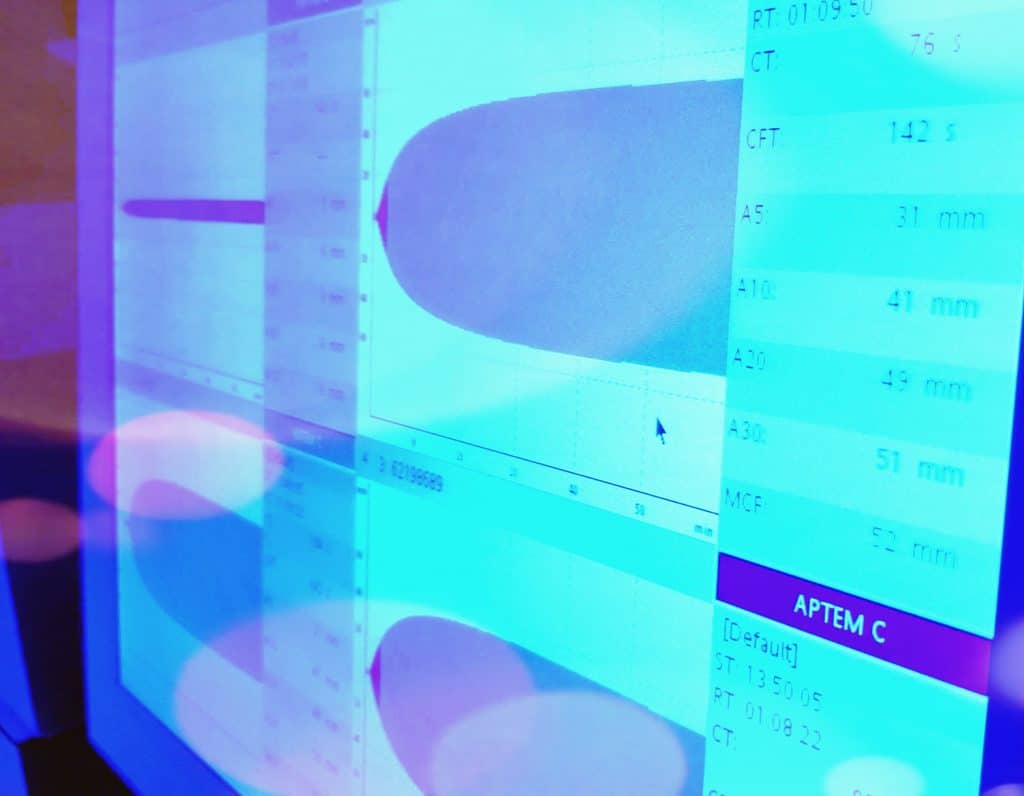Perioperative Management for Patients with von Willebrand Disease: Defining the Optimal Approach

von Willebrand disease (VWD) is the most common inherited bleeding disorder characterised by a quantitative or qualitative deficiency in von Willebrand factor (VWF). During invasive surgical procedures, patients with VWD require additional treatment to maintain haemostasis; however, due to the complexity of VWD, there is a lack of consensus on the optimal management. In the perioperative period, patients are usually treated with VWF and factor FVIII (FVIII)‐containing concentrates to provide an immediate haemostatic response to prevent excessive bleeding during both elective and emergency surgery. With the introduction of recombinant VWF (rVWF), there is a need for guidance on the use of the various VWF products in the perioperative period for all types of patients and surgeries. This review provides an overview of the current evidence for the surgical management of patients with VWD and, summarises the optimal treatment approach during the perioperative period, and highlights key unanswered questions and the research needed to address the evidence gaps.
